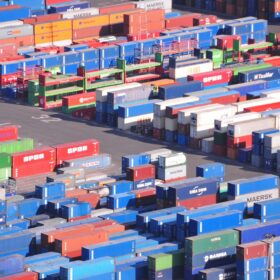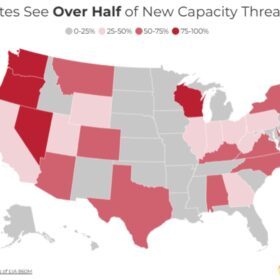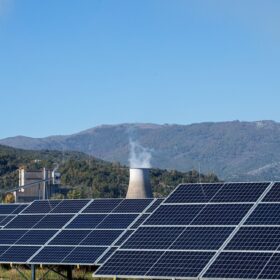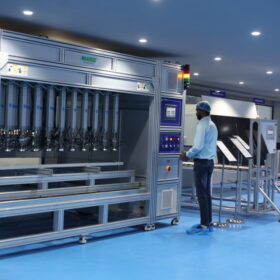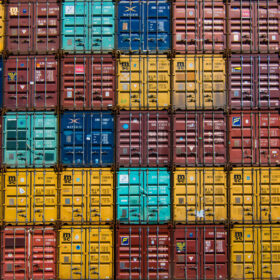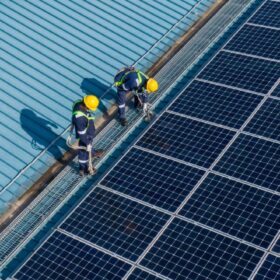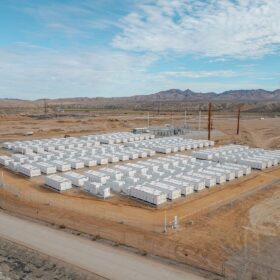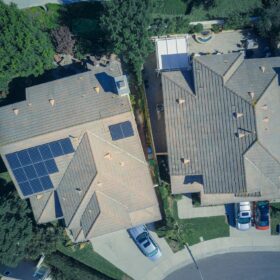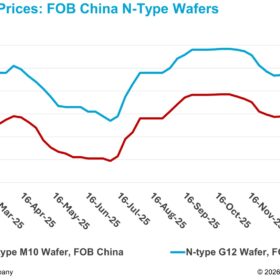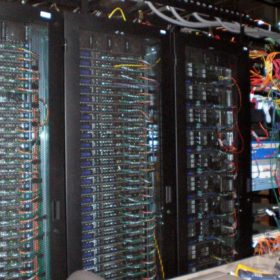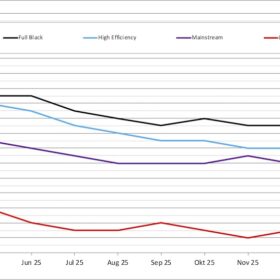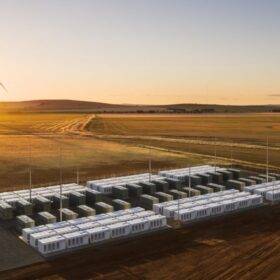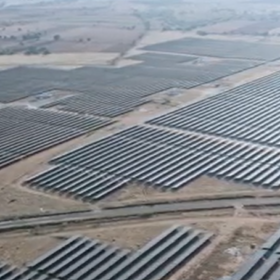U.S. extends solar manufacturing tariff exclusions
The U.S. Trade Representative has extended the exclusion of 178 items from the Section 301 import tariffs that were put in place by the prior administration in 2024. The still standing tariffs include a 50% increase on solar cells.
US solar, storage projects face risk from political obstruction
The Solar Energy Industries Association (SEIA) says more than half of all power capacity planned through 2030 is under threat from mounting political interference that could stall US renewable deployment.
Solar tariffs kill Americans
Researchers show how solar panel imports saved nearly 600 American lives over a decade, while industry data indicates that the Suniva solar tariff may have caused more than one hundred preventable deaths.
Waaree Energies wins 692 MW solar module orders in India and the USA
Waaree Energies Ltd has secured orders totaling 692 MW for the supply of solar modules for projects in India and the United States.
New standard for U.S. Customs solar supply chain compliance
To help importers vet compliance with the Uyghur Forced Labor Prevention Act and other supply chain traceability requirements, the Solar Energy Industries Association released the Standard 101, which was recently approved by the American National Standards Institute.
TotalEnergies sells 50% stake in 1.4 GW solar portfolio
TotalEnergies announced it is acquiring a 49% interest in natural gas assets in Oklahoma on the same day it announced it is selling a 50% stake in its North American solar portfolio.
US grid-scale storage leaps 63%, residential 132%
A report from the American Clean Power Association (ACP) and Wood Mackenzie indicates the utility-scale energy storage sector added 4.9 GW in the April-to-June quarter, representing 63% year-on-year growth, while residential storage increased by 608 MW.
REC leads US residential solar panels as Tesla loses storage share
REC led the US residential solar panel market in the first half of 2025, while Tesla lost share in home batteries and inverters amid supply and policy pressures, according to EnergySage.
A tightened U.S. solar trade environment
Tariffs, foreign content restrictions, and antidumping and countervailing duty investigations have reshaped the landscape for imports of solar components and manufactured products.
The steel supply crunch threatening U.S. solar ambitions
With U.S. domestic steel mills booked solid through 2025, a sudden doubling of tariffs on imported steel has created a critical bottleneck for American industries. The move, which hits specialized Indian steel particularly hard, is now delaying projects for builders and renewable energy developers who rely on steady, affordable supply.
